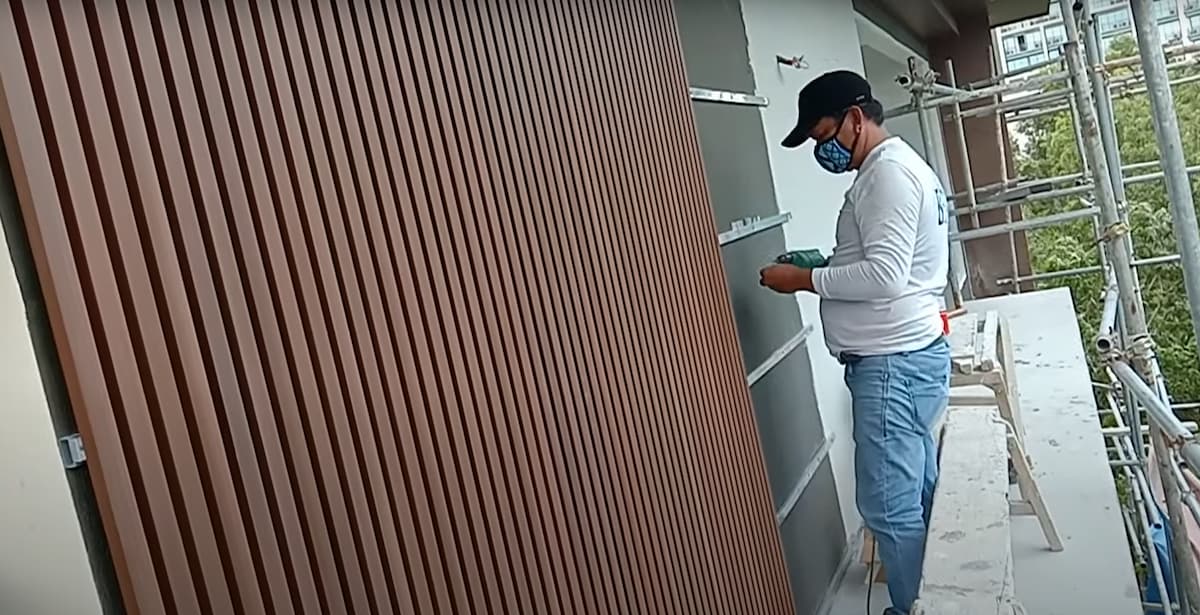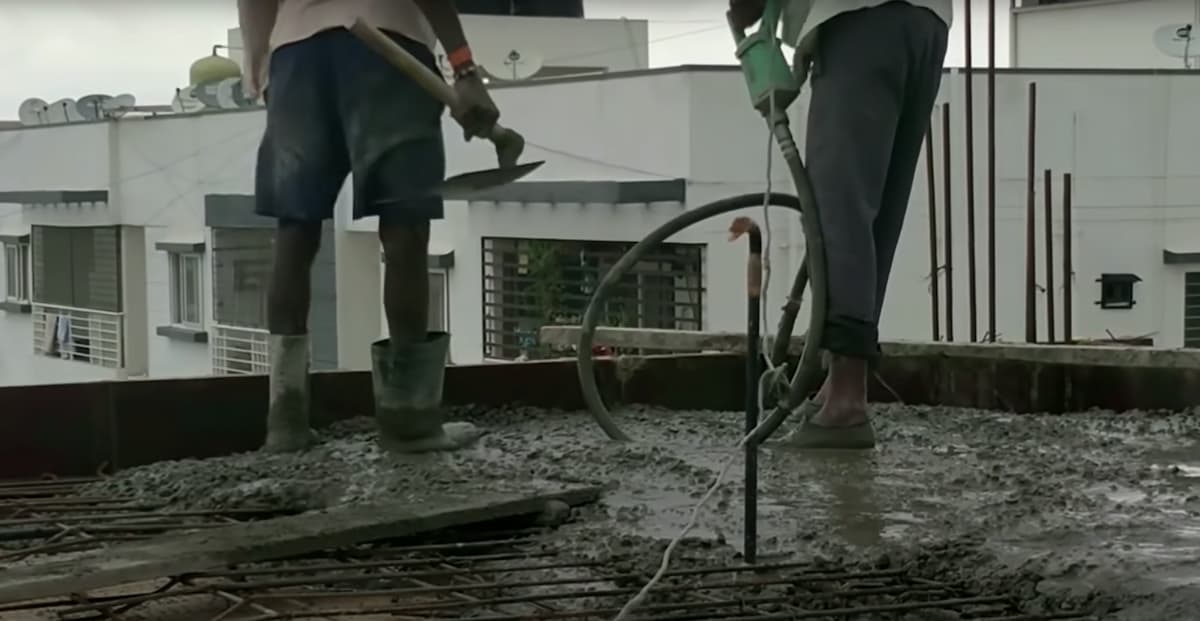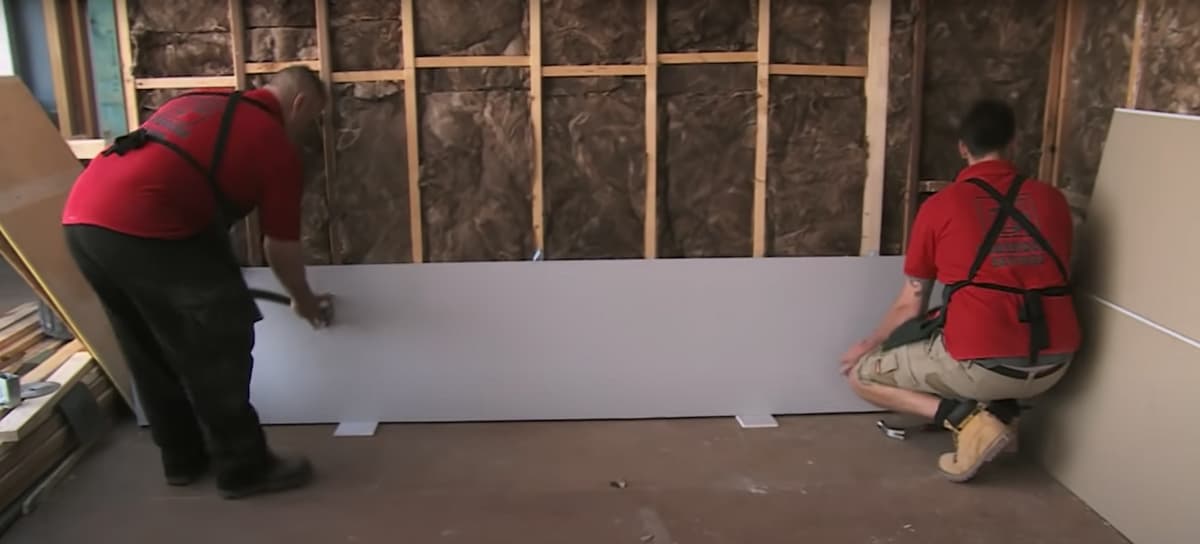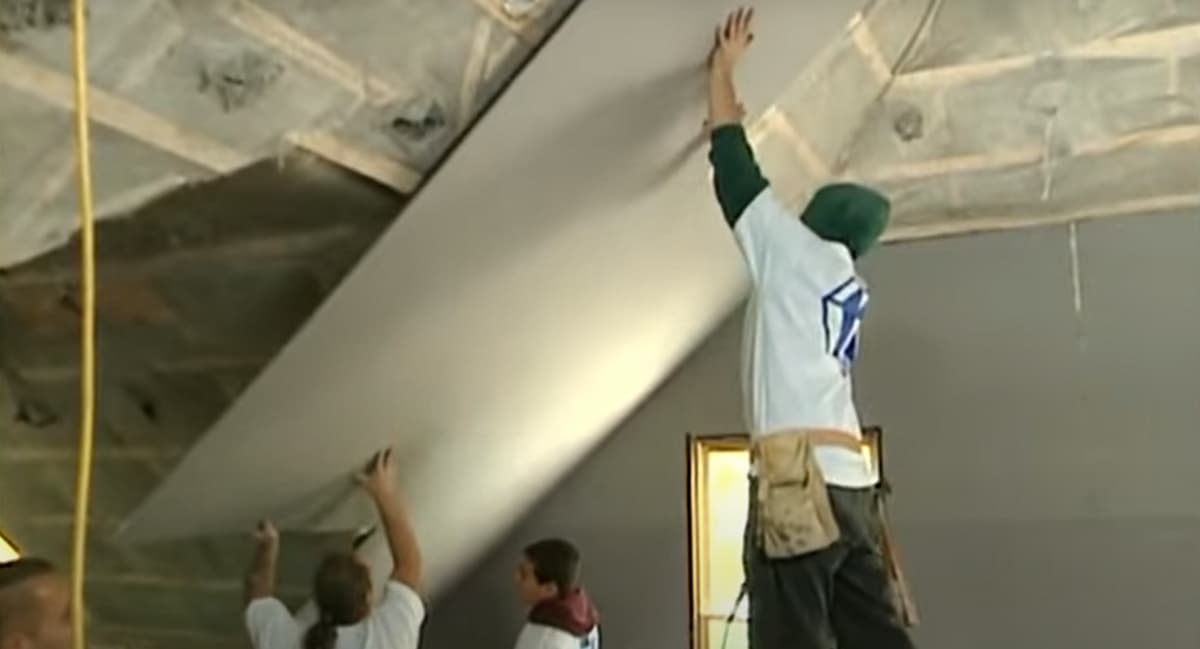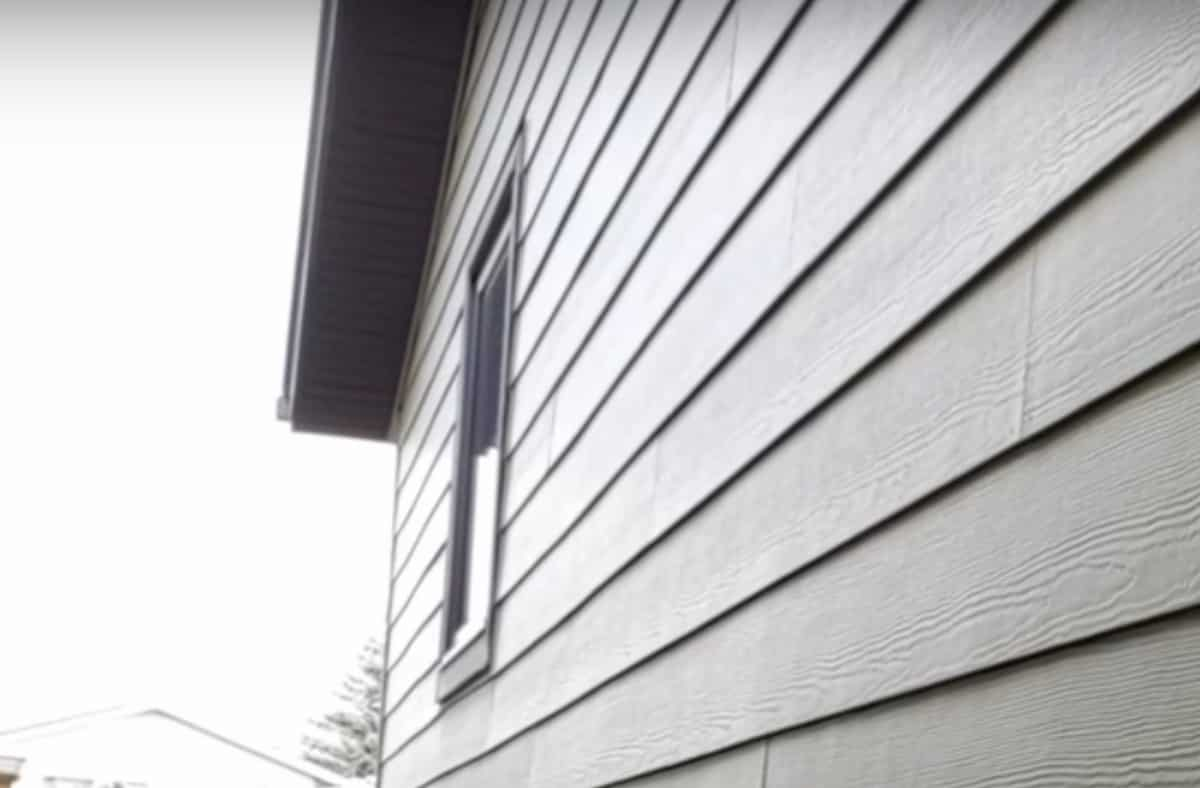
Vinyl wall cladding is a very popular option that is often used to make the exterior of a building look remarkable. The vinyl cladding is a type of cladding made from PVC as well as some other substances.
Which Walls Can You Find Vinyl Cladding On?
It is usually used on houses, hospitals, schools, and all types of buildings where hygiene comes before anything else. Since vinyl wall cladding is becoming increasingly popular, many homeowners wonder if they could use this type of cladding on fibro or asbestos houses.
Vinyl cladding is an excellent option if you want to protect your home from future damage but under no circumstances should you remove the asbestos from your house. In some countries, it is even illegal to remove asbestos on your own, so make sure that you check the laws in your country before you start with renovations. Always use a licensed professional when removing asbestos in Australia
Vinyl Cladding Insulation
Vinyl cladding can be seen as a great way to keep water from entering your house. Some of the reasons why you should consider vinyl wall cladding is because it is very cheap, it boosts the value of the home’s insulation, and it can help save a lot of energy.
It might seem like this is a great option for all homeowners, but there are some setbacks to the vinyl cladding that should be taken into consideration as well. The vinyl cladding is often installed on top of another insulation board. If a gap opens between these two layers, water can get in between them and stay trapped for a while, causing problems like mould and even fungi.
Aside from this, vinyl cladding can also lower the value of your home while also causing some other maintenance issues. So, one should be very careful how or where they install this type of wall cladding.
Can Interior Vinyl Wall Cladding Melt?
If you are considering adding vinyl wall cladding to an interior wall, you should go for one that is resistant to high temperature. Usually, interior vinyl wall cladding does not melt, but exposing it to direct sunlight might cause it to damage after some time.
You can prevent the vinyl wall cladding from melting is by using a kind of screen over the window to prevent the sunlight to directly affect the cladding. You can also use shades or curtains for the same reason.
Does Exterior Vinyl Wall Cladding Melt?
It has been noticed that exterior vinyl wall cladding can expand or contract in different temperatures. When exposed to direct sunlight, reflected sunlight from windows, or used for buildings located in warmer areas, the vinyl wall cladding can melt.
Some types of vinyl cladding are also known for being susceptible to erosion. If you want to avoid additional costs or having to deal with damaged vinyl cladding, it would best to invest a bit more money upfront and buy high-quality vinyl cladding that is resistant to erosion or melting.
Is Vinyl Wall Cladding a Structural Material?
Vinyl wall cladding is not a structural material but an addition to structural materials. It is a material mostly used for covering or coating, maybe even for creating protective barriers on top of another material.
Other popular forms of vinyl are vinyl flooring, if you wanted that vinyl look and feel to keep consistent throughout the property.
The vinyl cladding is a great choice if you are looking to improve on insulation, water, or even sound resistance. It comes at a great price, it is quite long-lasting and requires little to no maintenance, but it is not the best choice for structural material.


